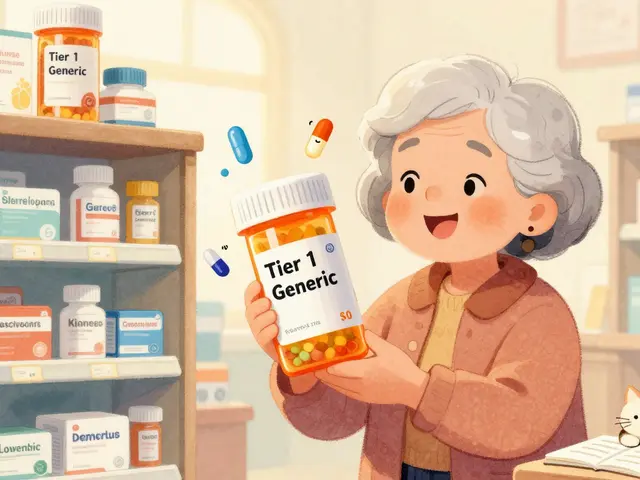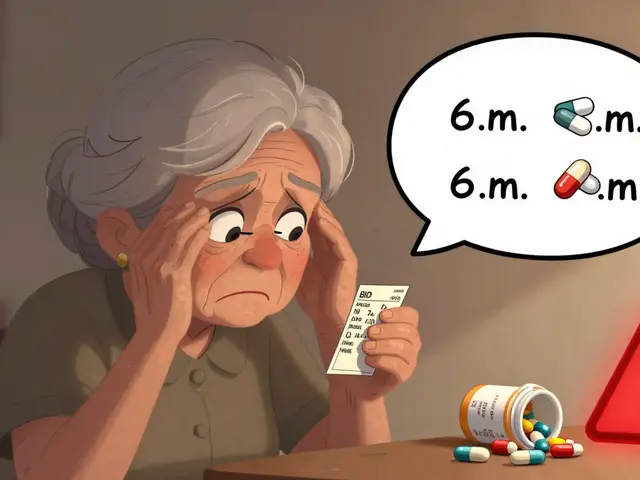
Mucolytic Medications: What They Are, How They Work, and Which Ones Help
When mucus gets too thick and sticky, it clogs your airways and makes breathing harder. That’s where mucolytic, a type of medication designed to break down thick mucus in the lungs and airways. Also known as mucus-thinning agents, it helps you cough up phlegm more easily instead of letting it sit and irritate your lungs. Unlike expectorants that just increase mucus production, mucolytics actually change the structure of the mucus itself—breaking the chemical bonds that make it thick and gluey.
Mucolytics are most often used for chronic lung conditions where mucus builds up over time. Think of people with chronic bronchitis, cystic fibrosis, or COPD. These aren’t temporary colds—they’re long-term conditions where thick mucus becomes a daily problem. Drugs like acetylcysteine, a common mucolytic used in both inhaler and oral forms to dissolve mucus in the airways and ambroxol, a mucolytic often prescribed outside the U.S. for respiratory infections and chronic cough are the go-to options. They don’t cure the underlying disease, but they make life easier by keeping airways clearer. Some people use them daily; others only when symptoms flare up.
These medications are usually inhaled, taken orally, or sometimes given through nebulizers in hospitals. They’re not for everyone—people with stomach ulcers or allergies to certain ingredients should avoid them. And while they help with mucus, they don’t replace antibiotics if you have an infection. The key is using them right: timing matters. Taking them before a breathing treatment or physical therapy helps clear mucus faster. Many users report feeling less chest tightness and coughing less within a few days.
You’ll find a lot of posts here comparing drugs that target respiratory symptoms. Some look at how mucolytics stack up against bronchodilators or steroids. Others dig into real-world experiences with specific brands. There’s no single best mucolytic—it depends on your condition, how you respond, and what your doctor recommends. But if you’re struggling with thick mucus that won’t budge, these medications might be the missing piece.
-
19 Oct







